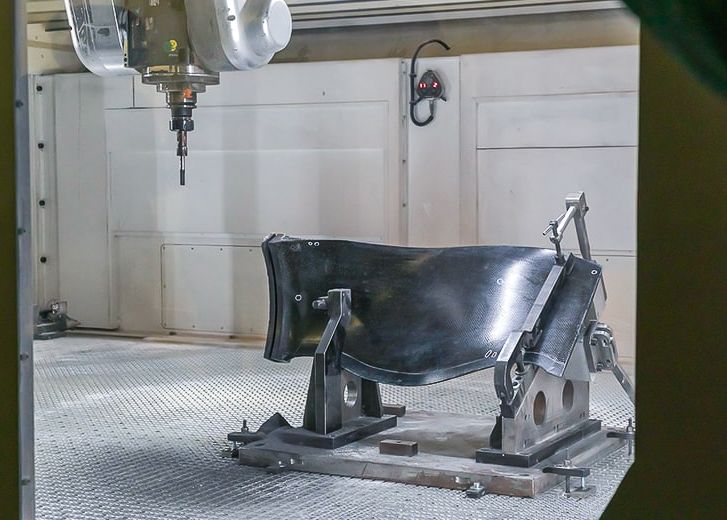Rostec Reduces labour in Engine Blade Production
New Delhi, Apr 11

United Engine Corporation of Rostec has introduced unique technologies for the production of aircraft engine blades. Innovative developments enable production of parts of the most accurate shape, including large-sized ones, and also reduce labor costs and exclude manual labor from the production process.
The Rybinsk-based UEC-Saturn plant produces engine blades using a device for twisting high-precision titanium blades and a technology for hybrid stamping of blades from a two-phase titanium alloy.
The blade of a gas turbine engine is one of the most complex and science-intensive engine parts in terms of design and production. The product is required to have the most accurate shape, to withstand high loads and temperatures, and it is produced using rare metals and unique alloys, as well as composite materials that ensure low weight and high strength of the workpiece. There are only six countries in the world that are capable of designing and producing engine blades. Possession of such technologies shows that the nation’s mechanical engineering sector is highly developed.
“Both inventions are related to the production of blade stampings. The device for twisting is built into the technological process, now it is used to produce blades for an advanced aircraft engine using only Russian-made equipment, expanding the range and competencies for the production of large-sized blades. In turn, hybrid stamping is based on the use of additive technologies and classical isothermal stamping, and it meets the required criteria in terms of production economics and mechanical specifications,” said Igor Ilyin, Chief Engineer of PJSC UEC-Saturn.
The inventions were presented at the Archimedes 2022 international salon, where they won gold and silver awards.
The United Engine Corporation of Rostec widely uses the latest technologies in creation and production of the PD-8 series of civil aircraft engines for the import-substituted SSJ-NEW, PD-14 for the medium-haul MS-21, and PD-35 for advanced wide-body long-haul aircraft.



